- Your cart is empty
- Continue Shopping
Product Overview
Empatrol-L 10/5 Tablet is a combination medication designed to help manage blood sugar levels in adults with type 2 diabetes. Used alongside diet and exercise, this medicine aids the body in using insulin more effectively, contributing to lower blood glucose levels and reducing the risk of complications like heart disease.
It can be taken with or without food, at any convenient time, but it is best to follow a routine by taking it at the same time daily. Your healthcare provider will prescribe the appropriate dose based on your condition. It is important not to stop taking this medicine without consulting your doctor, as sudden discontinuation could lead to elevated blood sugar, potentially resulting in serious complications such as kidney damage and vision loss. The medicine is part of a comprehensive diabetes care plan that includes proper nutrition, physical activity, and weight management.
Uses
Management of type 2 diabetes mellitus
Benefits
Empatrol-L 10/5 Tablet helps to control elevated blood sugar by promoting the removal of excess glucose through urine. Maintaining stable blood sugar levels is crucial for reducing the risk of long-term complications, such as kidney damage, nerve issues, eye problems, and cardiovascular diseases. Regular use, in combination with lifestyle changes, can significantly improve overall health and reduce the risk of severe outcomes associated with diabetes.
How It Works
This medicine combines two active ingredients:
Empagliflozin, which helps eliminate excess sugar via urine.
Linagliptin, which reduces sugar production in the liver, slows absorption from the intestines, and enhances insulin sensitivity in the body.
Together, they offer a multifaceted approach to blood sugar regulation.
How to Use
Follow the dosage and duration recommended by your doctor.
Swallow the tablet whole without chewing or crushing it.
It can be taken with or without food, but maintaining a consistent schedule improves effectiveness.
Possible Side Effects
Most side effects are mild and subside as the body adjusts. Seek medical advice if symptoms persist or worsen. Common side effects include:
Nasopharyngitis (inflammation of the throat and nasal passages)
Genital fungal infections
Low blood sugar (hypoglycemia)
Cough
Vomiting
Constipation
Nausea
Urinary tract infections
Drinking plenty of fluids can help prevent dehydration and alleviate some side effects. Good personal hygiene may also reduce the risk of infections in sensitive areas.
Precautions
Alcohol: Avoid alcohol as it may increase the risk of side effects.
Pregnancy: Consult your doctor, as the safety during pregnancy has not been fully established.
Breastfeeding: Seek medical advice before use, as the drug may pass into breastmilk and harm the infant.
Driving: Do not drive if you experience symptoms affecting your concentration or alertness.
Kidney: Exercise caution if you have kidney issues. Dose adjustments may be required, and use is not recommended in severe kidney disease or for patients undergoing dialysis.
Liver: Generally safe for liver patients, though caution is advised in severe liver impairment due to limited research.
Important Notes
Before starting treatment, share your medical history with your doctor, especially if you have kidney or liver problems or are taking diuretics. Pregnant or breastfeeding women should consult their healthcare provider before use. Regular monitoring of blood sugar is essential while on this medication.




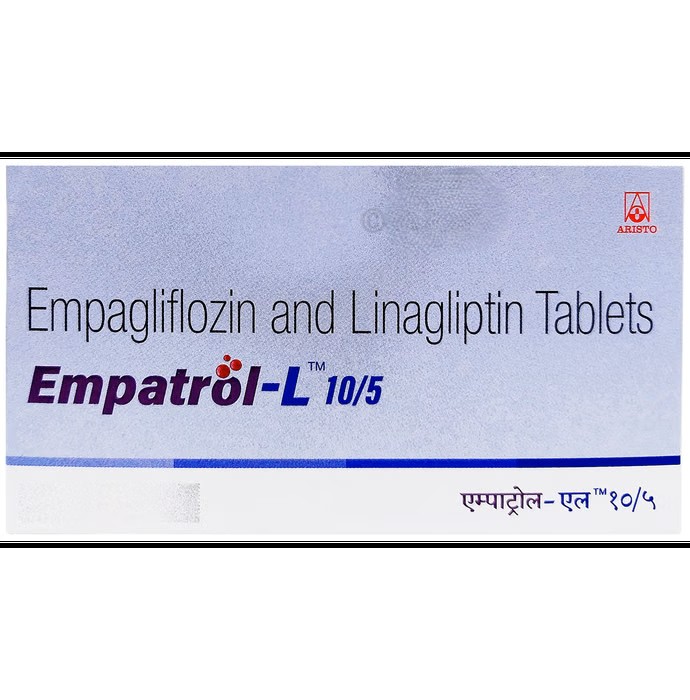


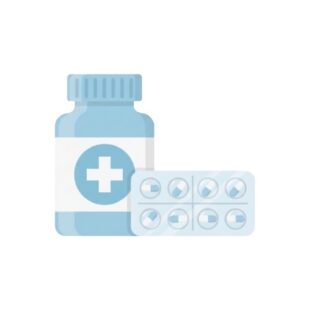

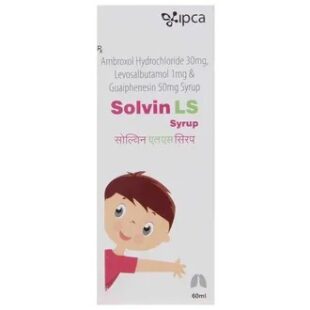


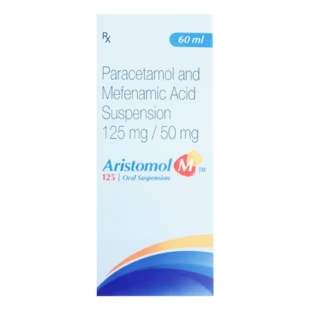
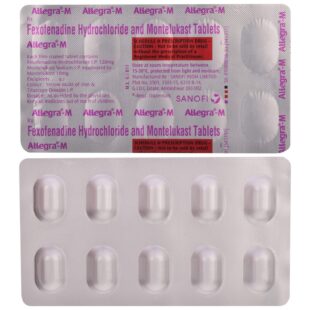
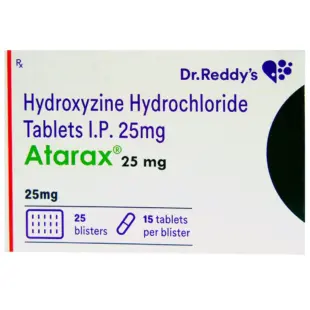
Reviews
There are no reviews yet.